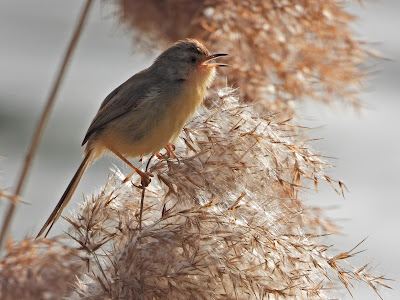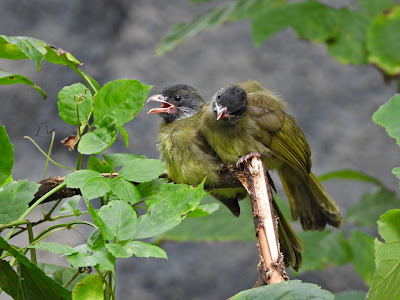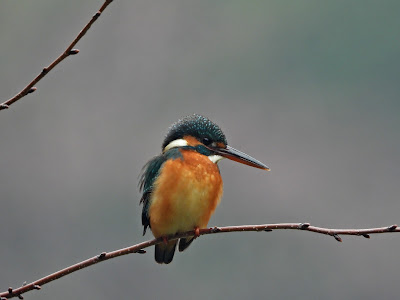Conturbabantur Constantinopolitani,
Innumerabilibus sollicitudinibus.
(The Constantinopolitans were dismayed by countless cares.)
Notes:
My translation. A nineteenth-century history of London, relates the following:
A good story is told, illustrating the rivalry which has existed for three centuries between Westminster and Eton Schools. It is said that the Etonians on one occasion sent the Westminster boys a hexameter verse composed of only two words, challenging them to produce a pentameter also in two words so as to complete the sense. The Eton line ran thus:—
“Conturbabuntur Constantinopolitani.”
The Westminster boys replied to the challenge “by return of post” :—
“Innumerabilibus sollicitudinibus.”
As the Eton line contains an obvious false quantity, the Westminster boys, who contrived to steer-clear of mistakes, may be allowed to have had the best of it.
George Walter Thornbury and Edward Walford,
Old and New London: a Narrative of its History, its People and its Place, 6 vols (London: Cassell, 1879-1885), III, p. 472.
In another version of this story, Harry C. Schnur attributes the unmetrical line to Oxford:
When Oxford sent Cambridge this two-word hexameter, challenging them to complete a distich: Conturbabantur Constantinopolitani, Cambridge replied: Innumerabilibus sollicitudinibus.
Harry C. Schnur, ‘The Factotum: Some Varieties of the Latin Hexameter’,
The Classical World, 53.5 (1960), pp. 153-157 (p. 157).
This diptych in fact was in circulation already in the sixteenth century. It is quoted without reference to the author in J.C. Scaliger’s
Poetices (1561) and
The Complaynt of Scotland (1549), and has also been attributed to the poet Bohuslaw Lobkowitz von Hassenstein (1450-1517).
Bohuslaw Lobkowitz von Hassenstein,
Opera poetica, ed. by Marta Vaculínová (Munich: Saur, 2006), p. 163. John B. Wainewright, ‘Conturbabantur Constantinopolitani’,
Notes and Queries (1915), s11-I (267), p. 109. Responses to Wainewright’s query by Edward Bensley, A.T.W, and Benj. Walker are found in
Notes and Queries (1915), s11-XI (269), p. 156 and again by Edward Bensley in
Notes and Queries (1915), s11-XI (279), p. 346.
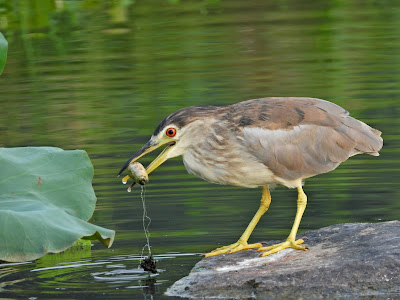

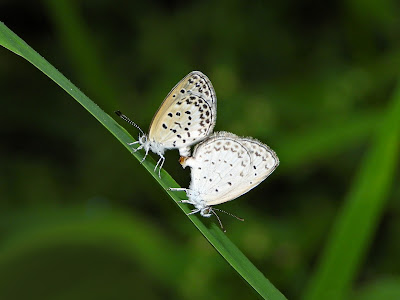

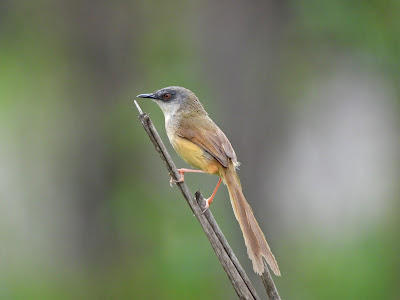
_-_Elegy_(1899).jpg)



